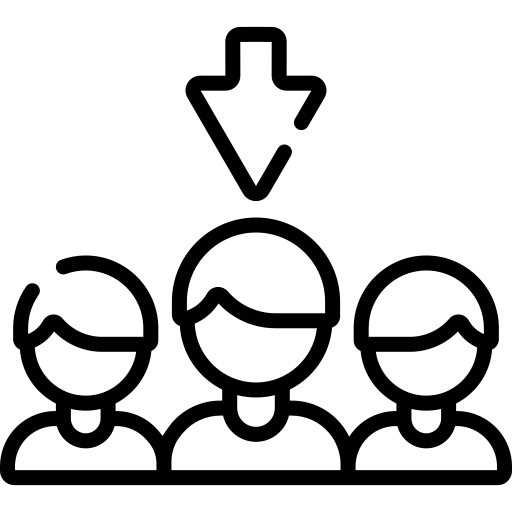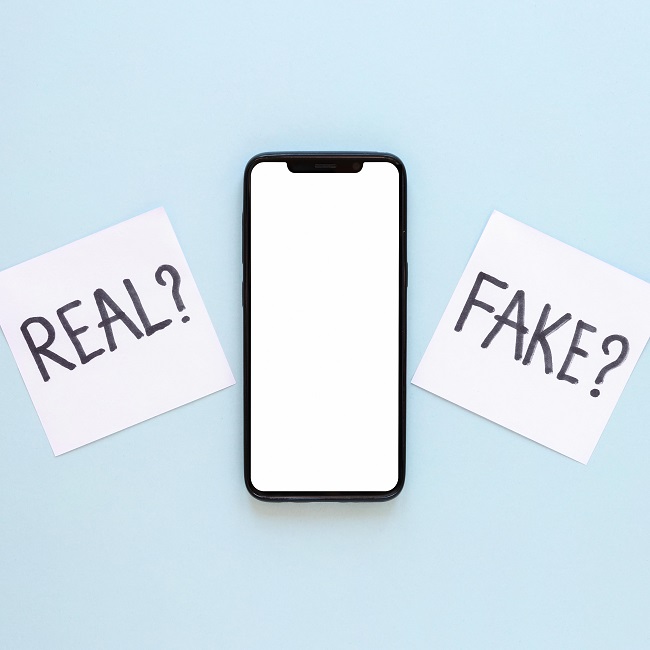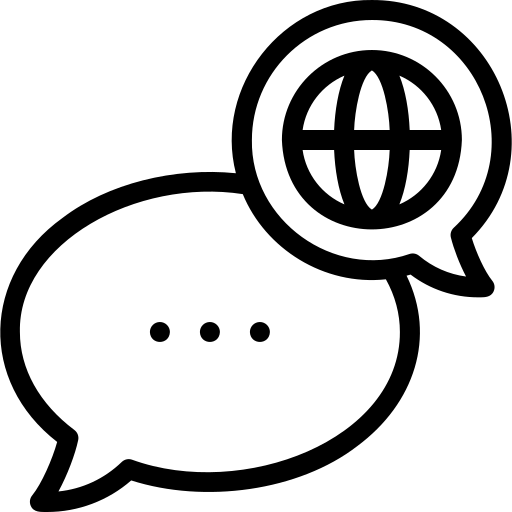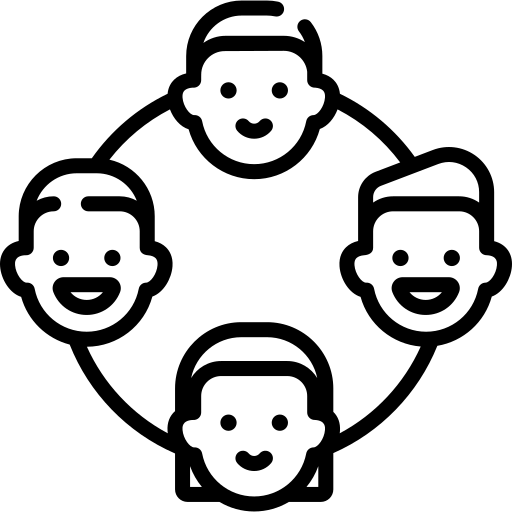Training for adult learners
DISINFOCRACY: Disinformation, Manipulation & Critical Thinking
In an era where false information spreads faster than facts, DISINFOCRACY explores how fake news, manipulated messages, and online propaganda influence democracy and social trust.
The word Disinfocracy is inspired by the Spanish concept “Bulocracia”, a blend of bulo (hoax) and democracia (democracy), describing how misinformation can become a form of power that shapes opinions, divides societies, and undermines critical thinking.
This 4-day course invites adult learners to understand, detect, and challenge disinformation in all its forms. Through interactive workshops, media analysis, and real-life case studies, participants will develop practical skills to verify sources, question narratives, and promote responsible information-sharing.
The programme includes visits and dialogues with communication professionals and local media organisations in Bilbao, offering a hands-on view of how journalists and fact-checkers confront misinformation in today’s media landscape.
Hosted by Media Creativa, the course combines digital literacy with civic reflection, empowering participants to become informed, resilient, and active citizens capable of defending truth and dialogue in democratic societies.
Learning objectives
- To understand how disinformation spreads and affects social cohesion.
- To identify manipulation strategies and learn to debunk them.
- To practise source verification and digital fact-checking.
- To strengthen critical and reflective thinking skills.
- To promote responsible and tolerant information sharing in daily life.
Key topics
- What is “Disinfocracy” and how it shapes public opinion.
- Misinformation, algorithms, and media manipulation.
- Tools and methods for fact-checking.
- Critical thinking and civic responsibility.
- Media literacy for inclusive and democratic societies.

Target groups
Adults and community educators interested in understanding misinformation mechanisms and learning practical tools to identify and counter fake news, filter bubbles, and manipulative narratives.
Basic digital literacy is recommended (use of browsers, social media, and online search).


Language(s)
The course is fully delivered in English and/or Spanish.

Groups
Small groups, with a minimum of 8 people and a maximum of 15.
Complete course programme
Download the course programme and email us for more information or to confirm dates.
